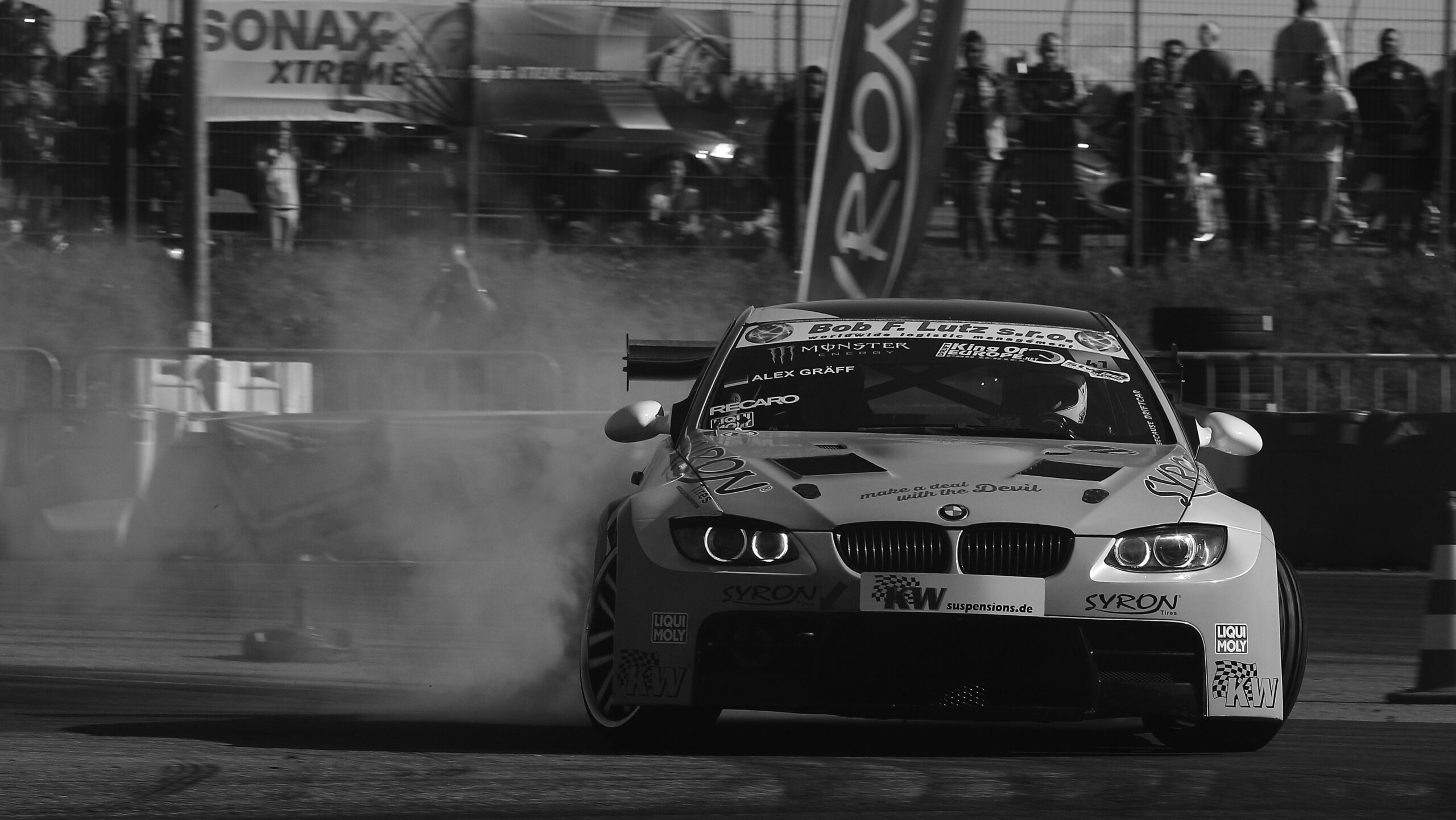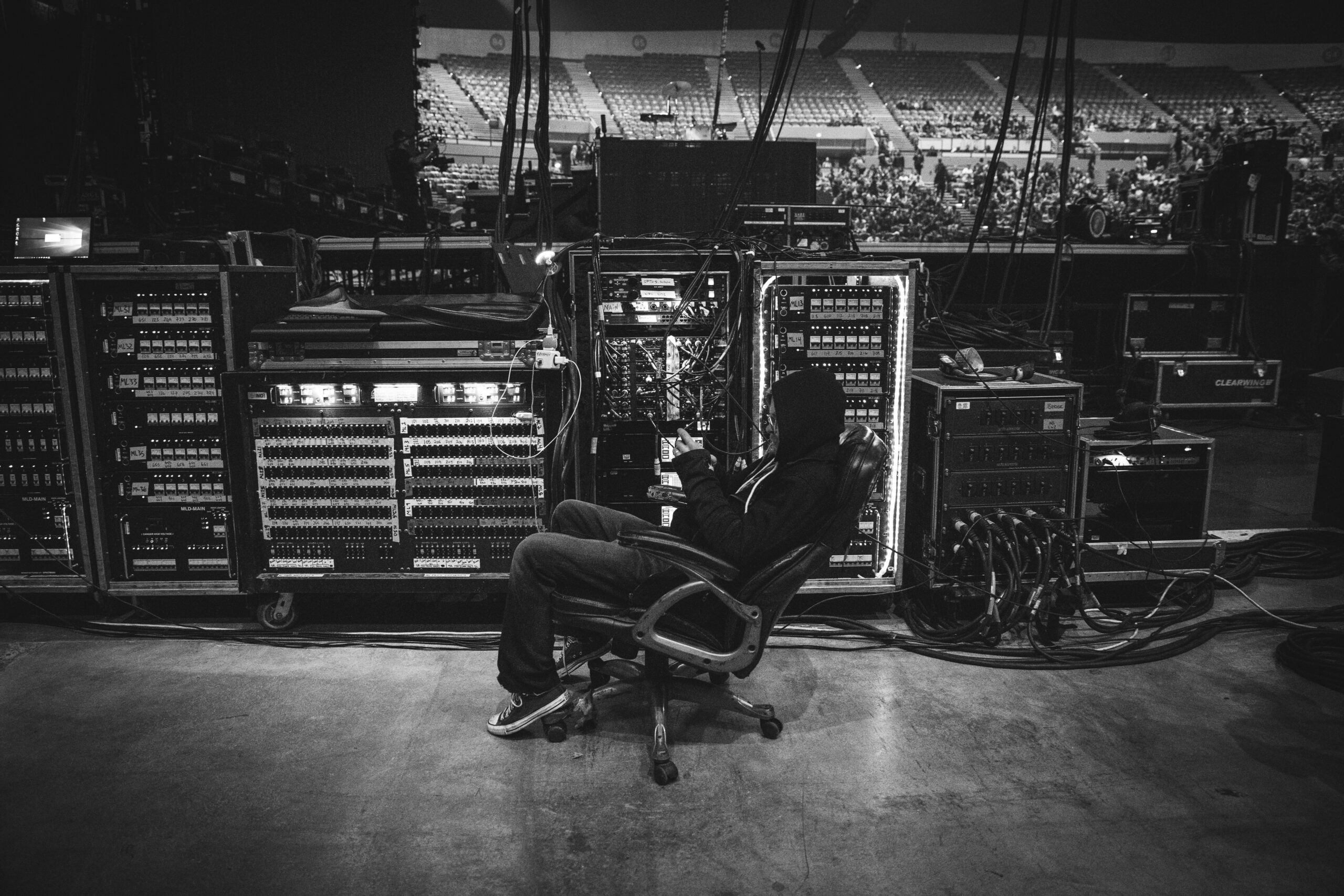Touring is an adrenaline-fueled, high-energy experience that pushes performers and crew members to their limits. From late-night shows to gruelling travel schedules, the entertainment industry thrives on excitement—but often at the cost of quality sleep on tour.
While we talk a lot about physical endurance and mental stamina in performance settings, sleep is one of the most underrated aspects of recovery and peak performance. Without it, reaction times slow, decision-making is impaired, and the body struggles to recover from the physical and mental demands of the job.
So, what happens when sleep takes a backseat, and how can those in the entertainment industry prioritise rest to stay at the top of their game?
Why Sleep Matters for Performance & Recovery
Sleep is not just about feeling rested—it’s a biological necessity for cognitive function, muscle recovery, and immune resilience. When we sleep, the body undergoes critical processes that allow us to repair, recharge, and reset for the next day.
Here’s what happens when you consistently miss out on quality sleep:
- Cognitive Decline – Just one night of insufficient sleep can reduce mental performance by up to 30%, affecting memory, focus, and problem-solving.
- Increased Injury Risk – Sleep deprivation reduces motor coordination and reaction times, making injuries more likely.
- Higher Cortisol Levels – Stress hormones spike when sleep is lacking, leading to higher levels of anxiety, irritability, and burnout.
- Weakened Immune System – Less sleep means the body has a harder time fighting off illness, a significant concern when traveling constantly.
- Slower Muscle Recovery – Growth hormone—essential for muscle repair and tissue healing—is released primarily during deep sleep. Without enough rest, recovery slows down.
The science is clear: If you want to perform at your best, sleep has to be a priority.
The Challenges of Sleeping on Tour
Unlike a standard 9-to-5 job, touring presents unique challenges that disrupt natural sleep cycles:
1. Unpredictable Schedules
Tour schedules don’t adhere to the body’s natural circadian rhythm. Late-night performances, early flights, and constantly changing time zones can make it difficult to maintain consistent sleep patterns.
2. High Adrenaline Levels
After a show, performers and crew members often experience a post-performance adrenaline rush that keeps them alert long after the lights go down. This can delay sleep onset and shorten the total duration of rest.
3. Artificial Light Exposure
Bright stage lights, LED screens, and constant exposure to blue light from devices can suppress melatonin production, the hormone responsible for making us feel sleepy.
4. Sleeping in Unfamiliar Environments
New cities, different hotel rooms, and noisy tour buses don’t exactly create optimal sleep conditions. Many people struggle to fall into deep sleep when they aren’t in a familiar space.
How to Improve Sleep on the Road
While touring presents sleep challenges, there are several science-backed strategies to improve both the quantity and quality of rest, no matter where you are.
1. Optimise Your Sleep Environment
- Use breathing strips to improve airflow and prevent disrupted breathing.
- Sleep with a personalised pillow to support neck alignment and reduce tension.
- Try a nasal spray before bed to open airways and enhance oxygen intake.
- Use white noise or earplugs to block out environmental disturbances.
- Keep the room cool (around 65°F/18°C) to promote deeper sleep.
2. Regulate Light Exposure
- Wear blue light blocking glasses in the hours leading up to sleep to prevent melatonin suppression.
- Dim hotel or bus lights an hour before bed to help signal to the body that it’s time to wind down.
- Get morning sunlight exposure to regulate circadian rhythms and reinforce a healthy sleep-wake cycle.
3. Wind Down with Relaxation Techniques
- Try myofascial release face and head massages to release tension and relax the nervous system.
- Use sleep affirmation cards to set a calming mental state before bed.
- Practice deep breathing or meditation to lower heart rate and prepare the body for rest.
- Engage in trauma therapy techniques if past experiences are affecting sleep quality.
4. Implement Recovery-Focused Sleep Aids
- Compression therapy before bed can reduce muscle soreness and improve circulation, helping the body feel more relaxed.
- Cold plunges or ice baths earlier in the day can lower inflammation and promote better rest at night.
- Infrared sauna sessions can enhance deep sleep by promoting muscle relaxation and reducing stress.
- TENS therapy can relieve muscle discomfort that might otherwise interfere with sleep quality.
- BrainTap or guided relaxation exercises can help synchronize brain waves into a restorative state.
Prioritising Sleep = Long-Term Performance Gains
For those in the entertainment industry, sleep is a non-negotiable factor in long-term performance, health, and career longevity. While tour schedules may be demanding, strategically optimizing rest and recovery can make all the difference in sustaining energy, preventing burnout, and maintaining mental and physical health.
If there’s one takeaway from this, it’s this: Don’t underestimate the power of sleep. It’s not just about feeling rested—it’s about functioning at your absolute best, no matter where the road takes you.
By implementing small but effective sleep strategies, performers and crew members can stay sharp, energised, and ready to bring their best to every show—because in the world of entertainment, being well-rested isn’t just a luxury, it’s a performance superpower.


